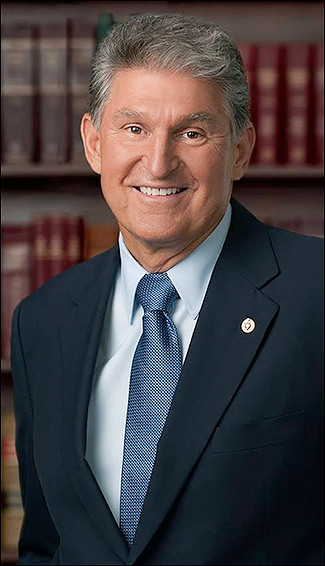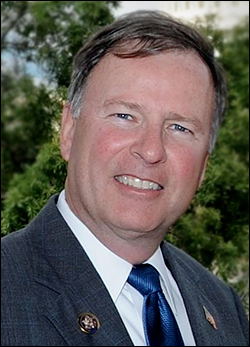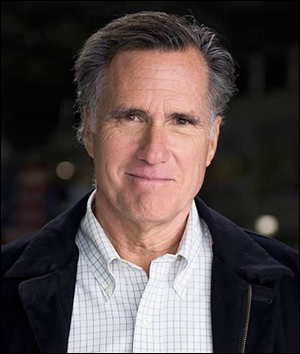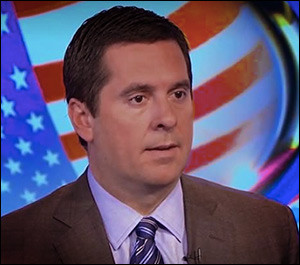By Jim Ellis
 April 30, 2018 — Completing the Arizona special congressional election earlier this week is the precursor to the beginning of the primary season’s most prolific period: the nomination voting scheduled for May and June.
April 30, 2018 — Completing the Arizona special congressional election earlier this week is the precursor to the beginning of the primary season’s most prolific period: the nomination voting scheduled for May and June.
With two primary elections already in the books — the March nomination contests in Texas (March 6) and Illinois (March 20) — 11 additional states vote in May with 18 more coming in June. Once the final June primaries are completed on June 26, a total of 31 states will have nominees.
There are only run-offs scheduled in July before 14 more states vote in August. Massachusetts, Delaware, New Hampshire, and Rhode Island still hold September primaries, while the unique Louisiana election calendar continues to feature a jungle primary concurrent with the general election followed by a December run-off for those races where a candidate does not obtain a majority.
New York is the only state with two primaries. The federal primary for the Senate and House is scheduled for June 26. The statewide contests, including the governor’s race, will nominate in a separate vote on Sept. 13.





